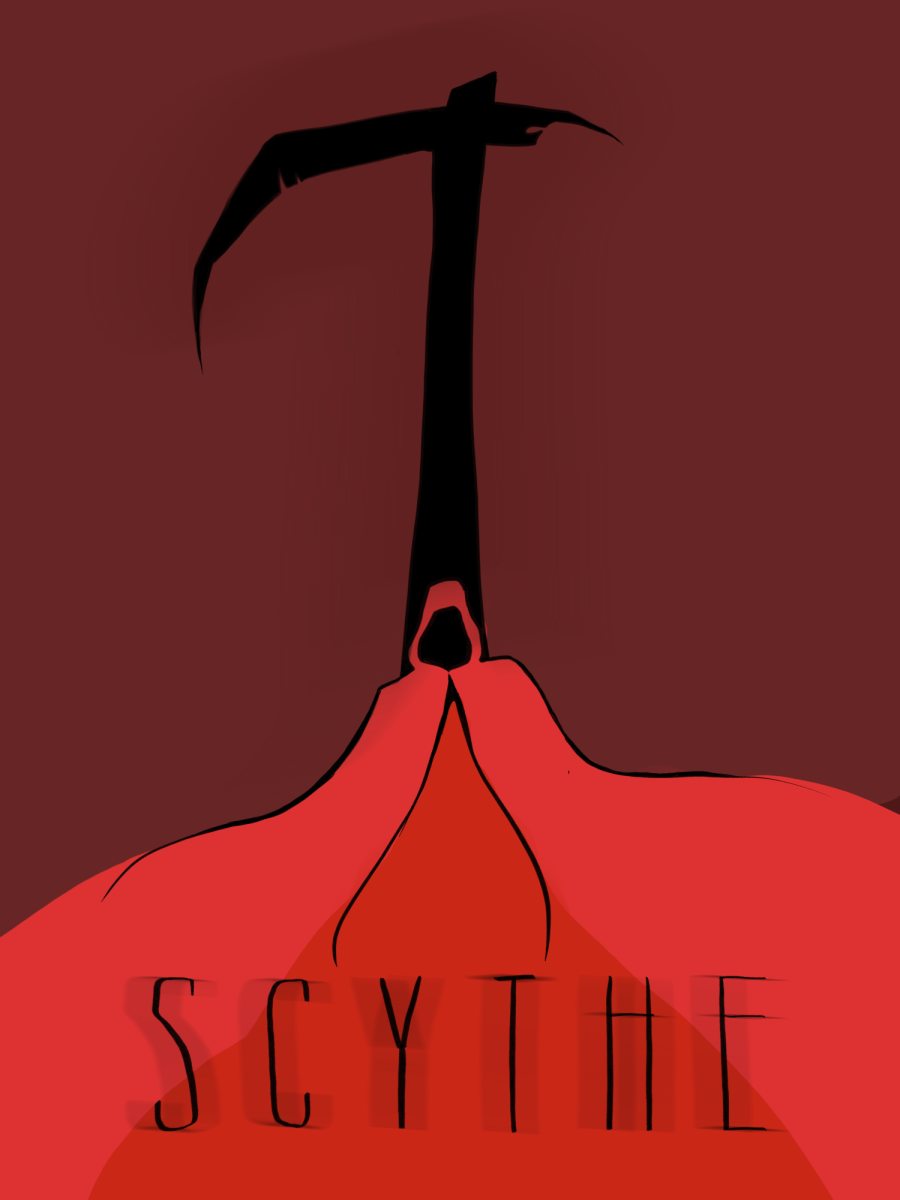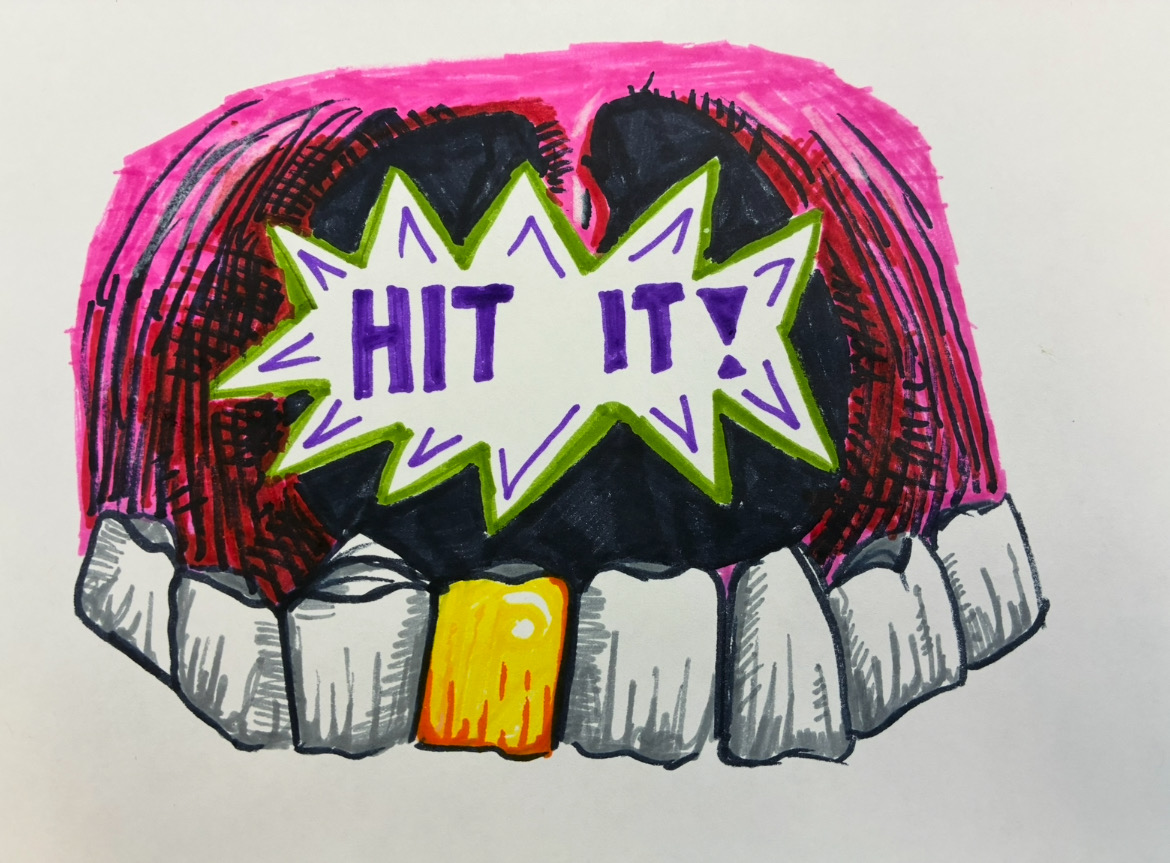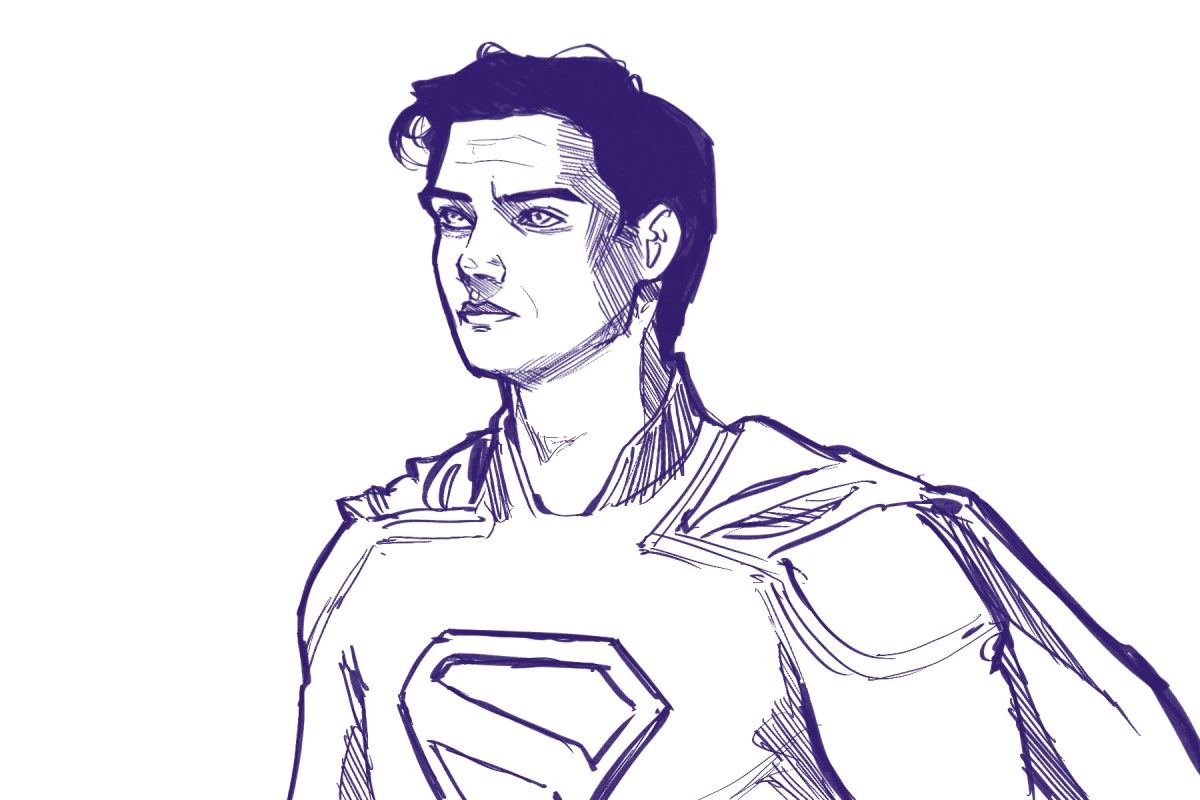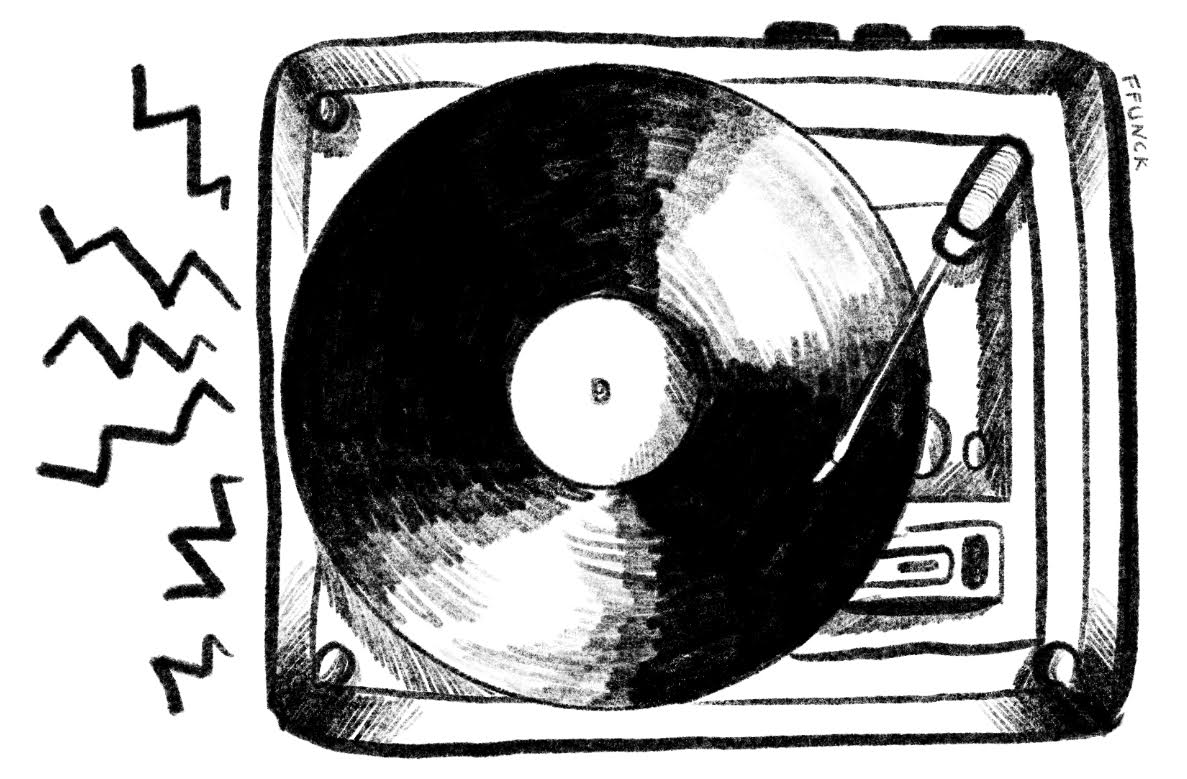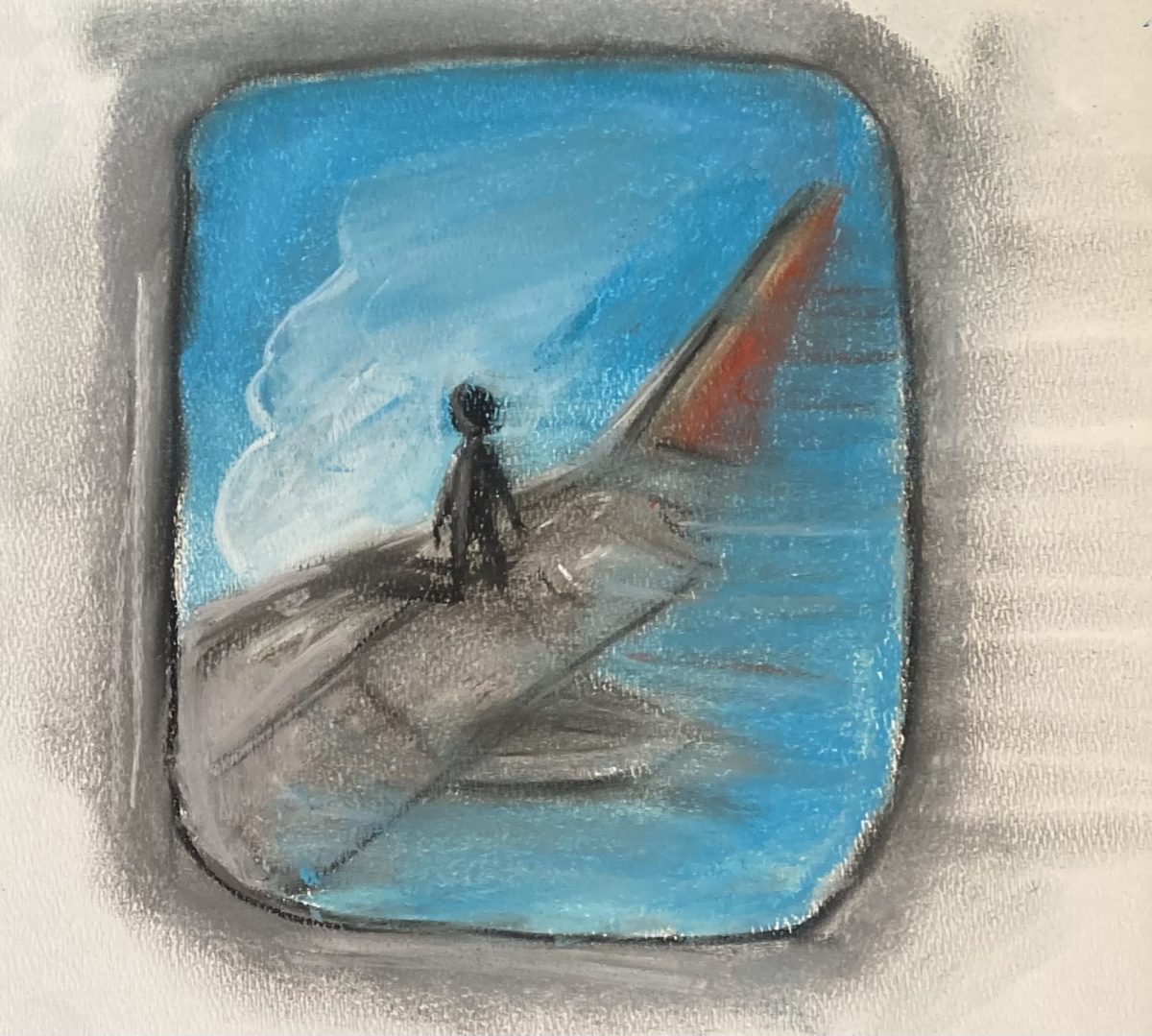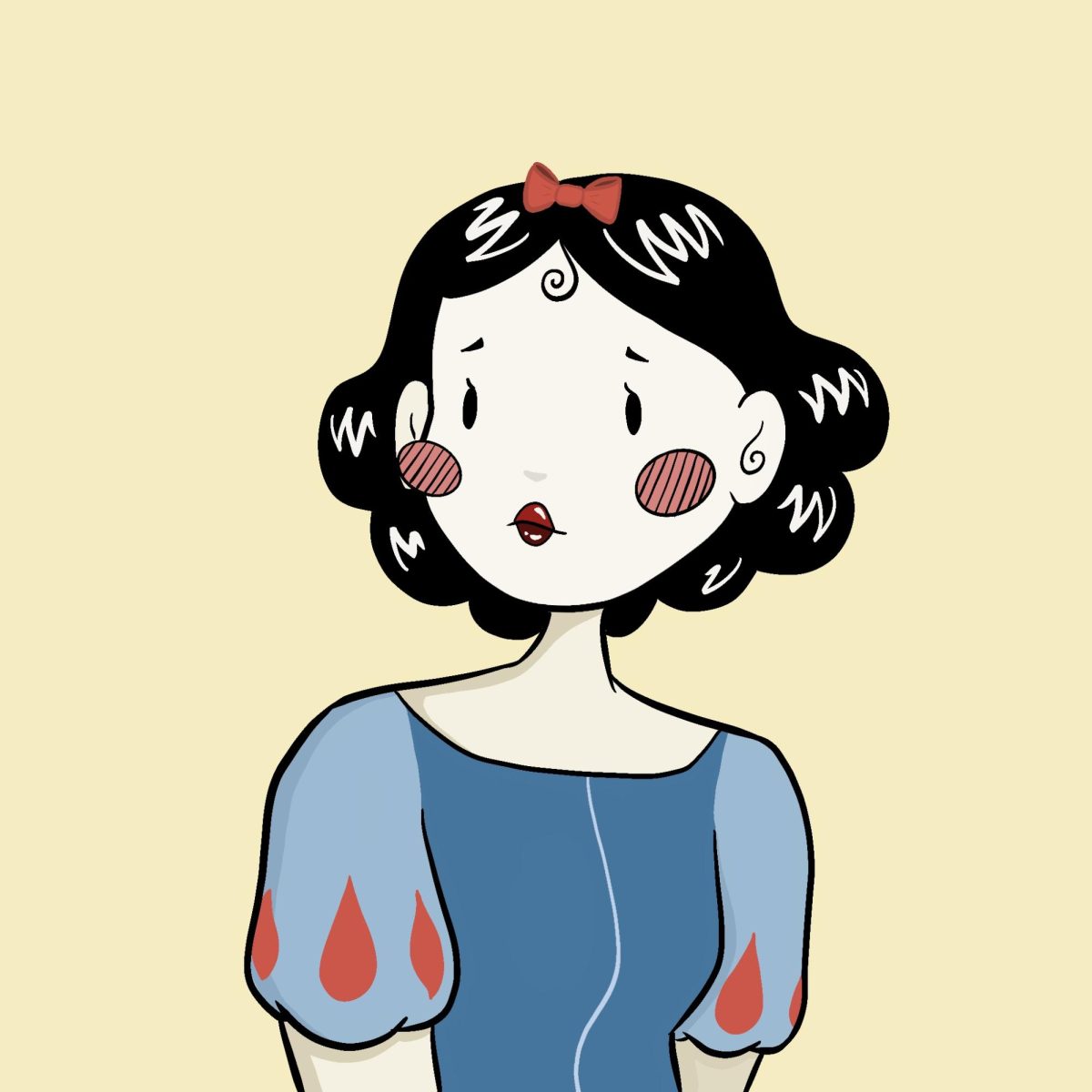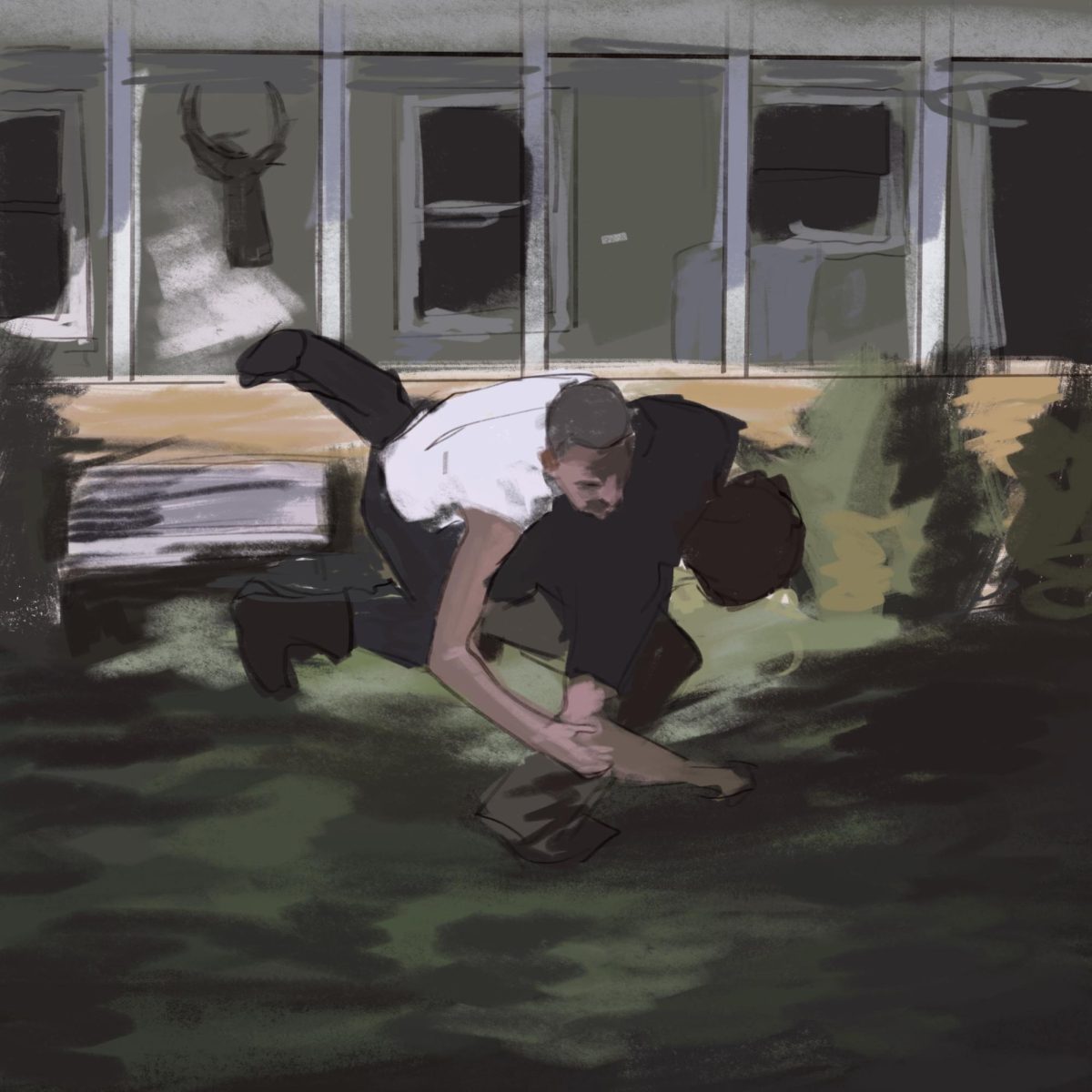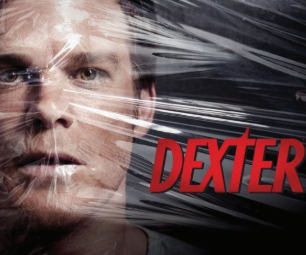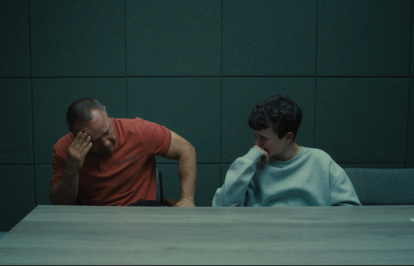Scythe by Neal Shusterman addresses themes such as immortality and death, love and loss, and finding one’s purpose in life. The “One School One Story” winner read by the CRLS community last summer follows characters Citra and Rowan, who are chosen for their strong consciences and moral high grounds to begin training towards becoming a Scythe: an honorable, high-status position which allows an individual to help control the growing population by taking away lives.
Shusterman’s world-building is magnificently immersive. He creates a dystopian society that emphasizes issues we experience in our current world: the overwhelming growth of artificial intelligence, the overpopulation concerns that haunt our future, and the terrifying but very feasible loss of our humanity as society progresses far beyond what’s considered “natural.” His descriptive language and the moral quandaries he presents throughout the story draw readers in, and his plot develops seamlessly, making the book difficult to put down.
Although the book’s societal systems and ethical conflicts are very well-developed, the same cannot be said about some of the interpersonal relationships within it. Citra and Rowan are clearly set up to have a dynamic full of tension and discord from the beginning. They are pitted against one another, fighting similar inner battles while cast into a brand-new strange world. However, their kindling romance, which emerges later in the book, feels somewhat forced upon the reader, appearing seemingly out of nowhere. It seems like Citra and Rowan went from strangers to lovers overnight without their relationship having evolved much and with little build-up to back the sudden change. It’s certainly true that their initial relationship showed potential for romantic development, but instead of weaving the romance as the plot moved forward, allowing it to progress little by little, Shusterman mentions it only once or twice before moving on, leaving much to be desired.
In fairness, the romance is a very minor aspect of the story overall. Scythe’s plot development, for the most part, focuses on the bigger picture, the world at large, and uses the main characters’ experiences to portray it. So, aside from that slight nitpick, the fact remains that this book is absolutely phenomenal. The combination of different character perspectives and excerpts from various characters’ journals raises many interesting questions for readers to tackle: Without mortality, how can we maintain our humanity? What makes us humans? Is human nature a disease?
Shusterman’s individual characters are also deep, intriguing, and psychologically diverse. Seen mainly through the eyes of Citra and Rowan, and sometimes of other relevant characters, we get different sides of the same story, presenting how different the life experiences and beliefs of each character warp the definitions of right and wrong, good and evil. All in all, Scythe is a charming story set in an intricately built universe with loveable characters. It manages to be an exciting read while simultaneously grappling with the difficult themes of life and death. I thoroughly recommend it for any lovers of sci-fi and dystopian fiction, as well as for anyone interested in a fun, good-quality read.
This article also appears in our October 2023 print edition.

